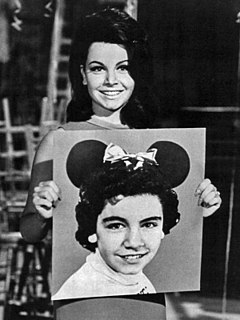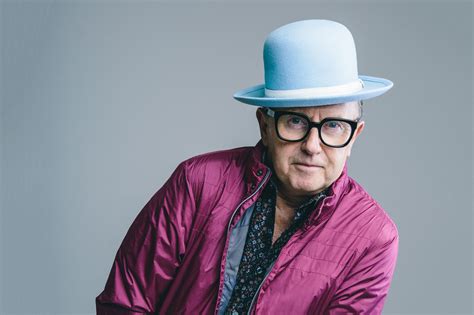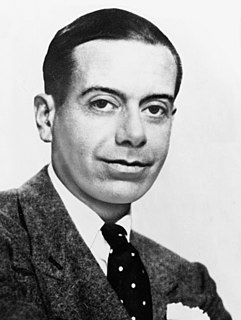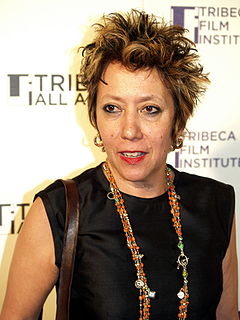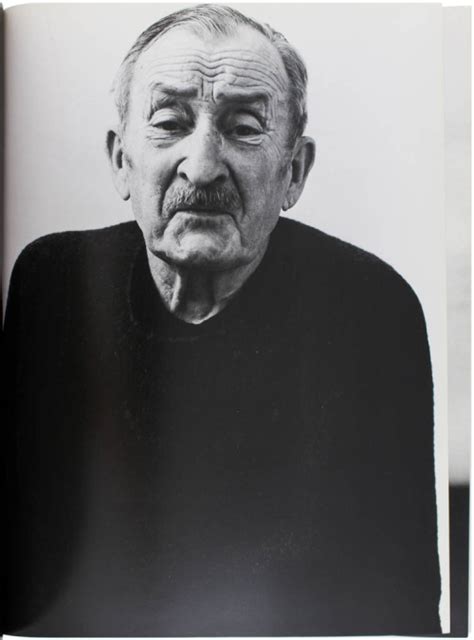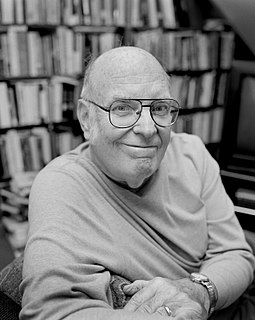A Quote by Annette Funicello
Watching television in those days was not the same experience as it is today. After years of listening to radio, we found the black-and-white images mesmerizing.
Related Quotes
I am sort of proud that I think radio has become a dominant influence in shaping public opinion. Good radio paints the picture for the audience. The audience has to be actively involved. Sometimes, in television, you can get lulled into sleep watching the picture, not listening to what you're hearing.
If the white man can come here uneducated and as an immigrant, and within 10 or 15 years set up an industry that provides job opportunities and educational opportunities for black people, then if the black man, the black leadership, who has access to all of this money and has all of these degrees today, can't use his talent and his know-how to set up business opportunities, job opportunities, housing opportunities for the black people the same as the white leaders have done for white people, then these black leaders need to get off the boat.
Computer images, like camera images today, will be seen as representations of a simulated, second-degree reality with little or no connection to the unmediated world. This is one lesson we can learn from photographs, and especially from those of the last 25 years: images exist not to be believed, but to be interrogated.
You gotta understand also that teenage kids just don't have the experience and the studio technique. I mean, in those days it wasn't electronic like it is today, where you can hit a drum and, you know, the engineer does it all. In those days, everything was live and you had to have decent sounds, and through the years you get to weed out what's bad and what's good.
There is a difference. You watch television, you don't witness it. But, while watching television, if you start witnessing yourself watching television, then there are two processes going on: you are watching television, and something within you is witnessing the process of watching television. Witnessing is deeper, far deeper. It is not equivalent to watching. Watching is superficial. So remember that meditation is witnessing.
You are a white. The Imperial Wizard. Now, if you don't think this is logic you can burn me on the fiery cross. This is the logic: You have the choice of spending fifteen years married to a woman, a black woman or a white woman. Fifteen years kissing and hugging and sleeping real close on hot nights. With a black, black woman or a white, white woman. The white woman is Kate Smith. And the black woman is Lena Horne. So you're not concerned with black or white anymore, are you? You are concerned with how cute or how pretty. Then let's really get basic and persecute ugly people!
